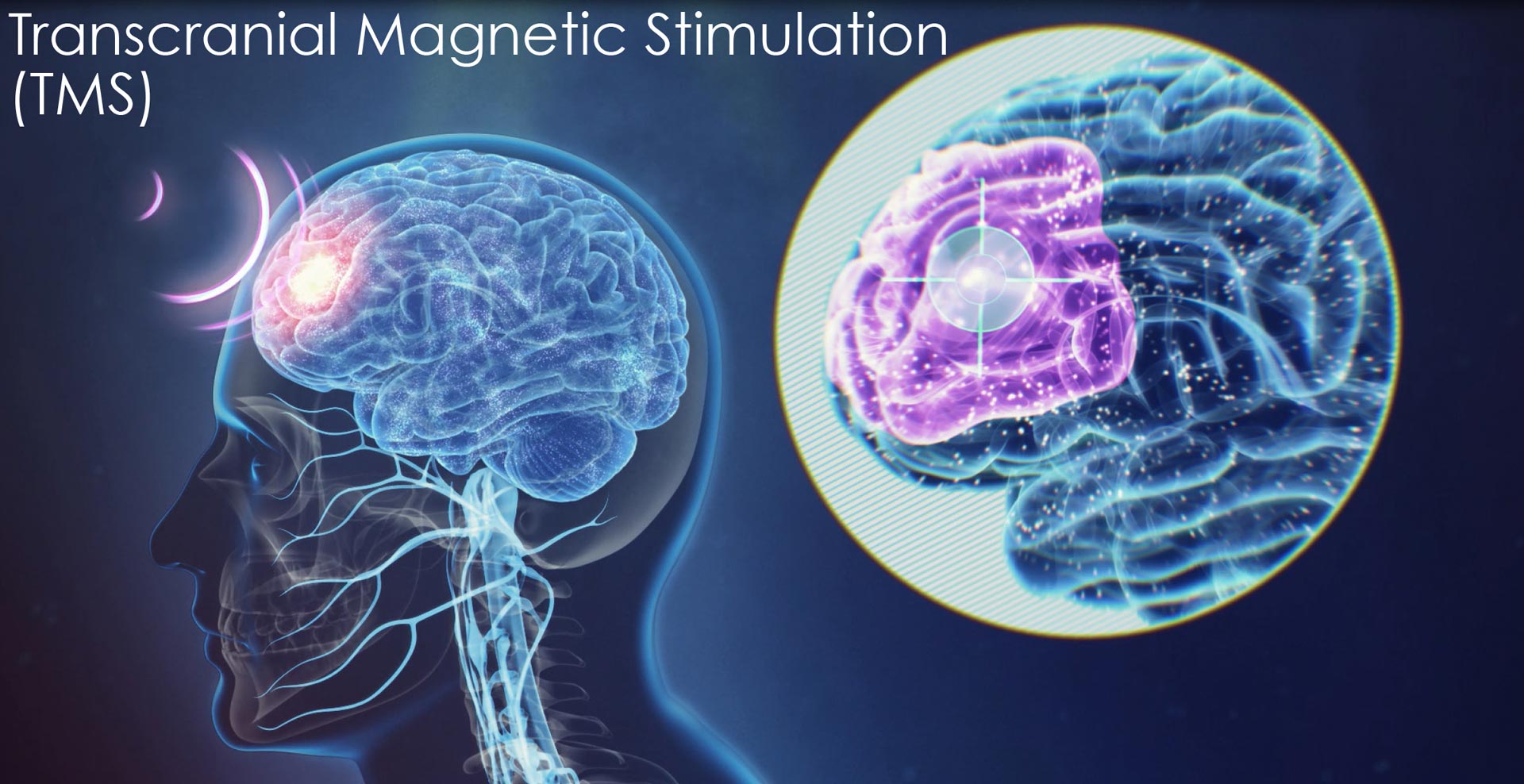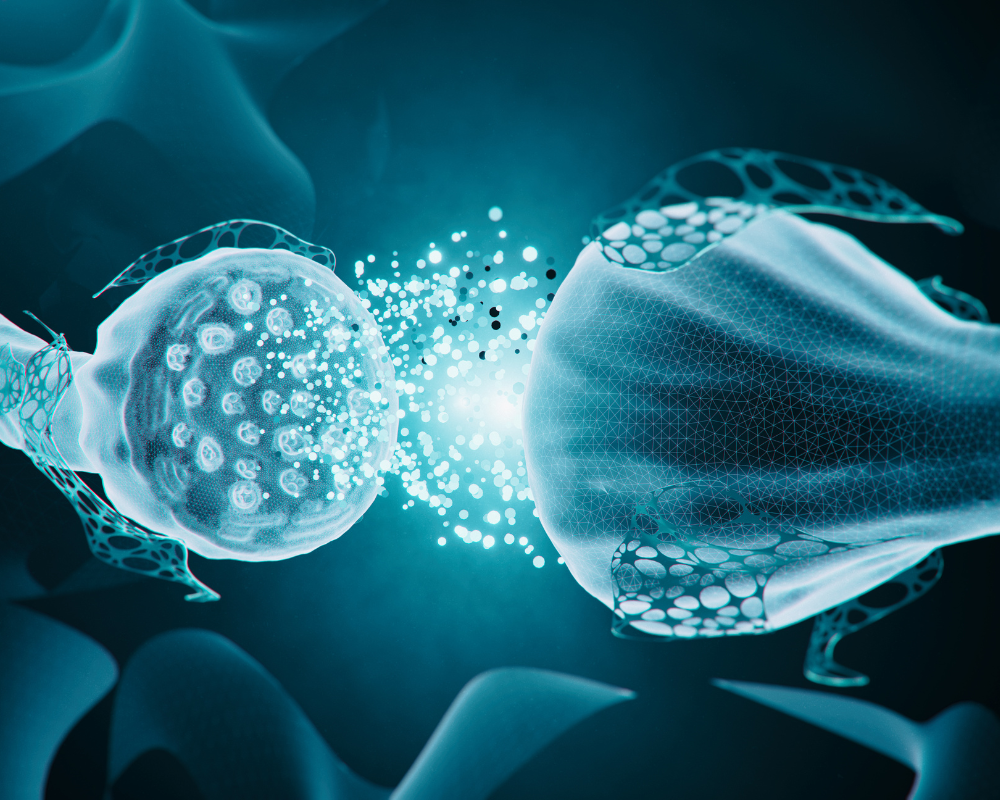There is some evidence to suggest that caffeine can help improve results with ECT (Electroconvulsive Therapy). Studies have shown that caffeine pretreatment can increase seizure duration during ECT, which is an important factor in the effectiveness of the treatment. In one study, caffeine sodium benzoate was administered intravenously 10 minutes before ECT, and seizure duration was compared with that of a previous treatment unmodified by caffeine. Seizure duration was significantly increased during ECTs preceded by caffeine. Three other patients given caffeine when seizures of adequate duration could no longer be elicited at maximal stimulus levels experienced longer seizures.
Administration of caffeine was not associated with significant cardiovascular or other adverse effects.
Another study suggests that caffeine pretreatment accelerates the antidepressant response to ECT. Caffeine citrate has also been studied as an off-label use for ECT therapy and has been found to be effective in increasing seizure duration. Caffeine sodium benzoate has been found to be a safe and effective ECT augmentation agent, maintaining efficacy throughout the course of treatment. However, further research is needed to determine the optimal dose and timing of caffeine administration for ECT, as well as the potential risks and benefits of caffeine use in this context.
The mechanism by which caffeine may improve ECT results is not yet fully understood. However, studies have suggested that caffeine may increase seizure duration during ECT, which is an important factor in the effectiveness of the treatment. Caffeine is thought to work by inhibiting adenosine, which is a neurotransmitter that can inhibit the release of excitatory neurotransmitters. By inhibiting adenosine, caffeine can improve the release of excitatory neurotransmitters, which can lead to an increase in seizure duration during ECT. Additionally, caffeine may also help to reduce the threshold for seizure induction, which can further improve the effectiveness of ECT. The optimal dose and timing of caffeine administration for ECT are still being studied, and further research is needed to determine the potential risks and benefits of caffeine use in this context.
Long-Term Effects of Caffeine Use in Conjunction with TMS Therapy: A Comprehensive Review

There is limited research on the long-term effects of caffeine use in conjunction with TMS therapy. One study investigated the effect of caffeine on deep TMS treatment for anxiety and/or irritability and found that TMS showed significant promise for treating patients with these symptoms using low-frequency right-sided TMS. Long-term data from TMS studies show a low relapse rate, thus supporting TMS as a durable depression treatment. However, another study found that chronic caffeine consumption can curb rTMS-induced plasticity, which could limit learning or plasticity, including rTMS effectiveness. The acute effects of single caffeine doses diminish rTMS-induced corticomotor plasticity.
While the effect of chronic daily caffeine use remains unclear, a better understanding of how caffeine alters the underlying mechanism of learning and memory, as well as the potential impact of caffeine on clinical rTMS effects, merits further attention.
Another study found that habitual caffeine consumption moderates the antidepressant effects of repetitive transcranial magnetic stimulation (rTMS). Caffeine has also been found to enhance exercise performance, but its mechanisms of action remain unclear. Overall, further research is needed to determine the long-term effects of caffeine use in conjunction with TMS therapy, as well as the optimal dose and timing of caffeine administration for TMS, and the potential risks and benefits of caffeine use in this context.
How long before TMS treatment should caffeine be consumed?
There is no specific recommended time for consuming caffeine before TMS treatment. However, some sources suggest that drinking caffeine before treatment can help enhance the benefits of the stimulatory pulses of TMS, which can lead to an increase in the effectiveness of the treatment. Here are some tips from sources:
- Drink caffeine before treatment to enhance the benefits of the stimulatory pulses of your treatments.
- Consume caffeine to help boost the effects of the stimulatory treatment on the brain.
- Caffeine is a stimulant that can work to increase the positive benefits of what TMS does – stimulate parts of the brain affected by depression by sending more blood flow to the brain.
The optimal dose and timing of caffeine administration for TMS are still being studied, and further research is needed to determine the potential risks and benefits of caffeine use in this context.
Are there any potential risks or downsides to consuming caffeine before TMS treatment?
While caffeine consumption before TMS treatment may have some benefits, there are also potential risks and downsides to consider:
- Chronic caffeine consumption can curb rTMS-induced plasticity, which could limit learning or plasticity, including rTMS effectiveness.
- Caffeine can increase the risk of lowering motor threshold and increasing the possibility of seizure during rTMS.
- High doses of caffeine (250-500 mg) can increase unpleasant feelings of tension, irritability, and anxiousness, and reduce the amplitude of alpha and beta waves.
- Caffeine can have negative effects on TMS-induced plasticity, which could limit the effectiveness of the treatment.
- Individual responses to caffeine may vary, and some people may experience side effects such as jitteriness, anxiety, or insomnia.
It is important to consult with a healthcare provider before consuming caffeine before TMS treatment, especially if you have a history of seizures or other medical conditions that may be affected by caffeine. It is also important to note that the optimal dose and timing of caffeine administration for TMS are still being studied, and further research is needed to determine the potential risks and benefits of caffeine use in this context.
Early TMS Research: A Comparative Study
TMS for Depression: FDA Approval and Beyond
Exploring TMS in Academic Projects
Caffeine Sodium Benzoate for Electroconvulsive Therapy
TMS and Neuroplasticity: A Comprehensive Review
Caffeine Sodium Benzoate as an ECT Augmentation
Transcranial Magnetic Stimulation in Psychiatric Research
The Impact of TMS on Depression Treatment
Tips for Successful TMS Treatment
Understanding TMS and Its Applications
Optimizing TMS for Effective Depression Therapy
Advancements in TMS Research: Recent Findings
Enhancing TMS Treatment Outcomes: Strategies and Recommendations





